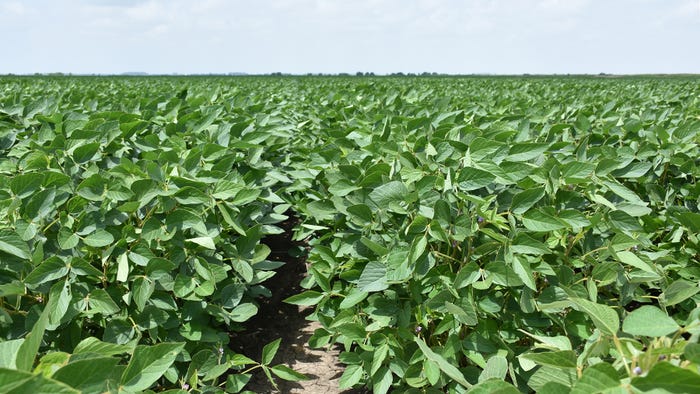Brad Watkins
Professor, University of Arkansas System Division of Agriculture
Dr. Watkins is a native of Northwest Arkansas and grew up on a small hillside cattle farm in the Ozark Mountains. He received his B.S. degree in Agricultural Business (1988) and his M.S. degree in Agricultural Economics (1990) at the University of Arkansas. In 1994, he received his Ph. D. degree in Agricultural Economics at Oklahoma State University. He then took a postdoctoral economist position in the USDA Agricultural Research Service (ARS) at Beltsville, Maryland and was employed with the ARS until 1999. While in the ARS, Dr. Watkins conducted economic research in the areas of sustainable agriculture, precision farming, and technology adoption. From 2000 through 2001, Dr. Watkins lived in San Antonio, Texas and was employed as an industry analyst with the firm Frost & Sullivan, where he conducted market research and wrote syndicated reports about the U.S. food industry and other various markets.
Dr. Watkins has been a member of the Department of Agricultural Economics and Agribusiness at the University of Arkansas since 2002. He is stationed at the University of Arkansas System Division of Agriculture, Rice Research and Extension Center in Stuttgart, Arkansas. He has a 75 percent research appointment and a 25 percent Extension appointment. The primary focus of his research program is identification of production systems and management practices leading to reduction in production inputs and greater profitability in rice production. His Extension program is devoted to dissemination of economic information related to alternative cropping systems, management practices, and/or technologies that promote the long-term economic and environmental sustainability of rice production in Arkansas. He also works on other economic problems important to Arkansas, such as economic evaluation of alternative government programs in Arkansas row crops, quantification of economic losses to Arkansas agriculture resulting from extreme weather events, and economic analysis of cattle and stocker grazing systems. A strong component of his program is interaction with scientists from other disciplines.





